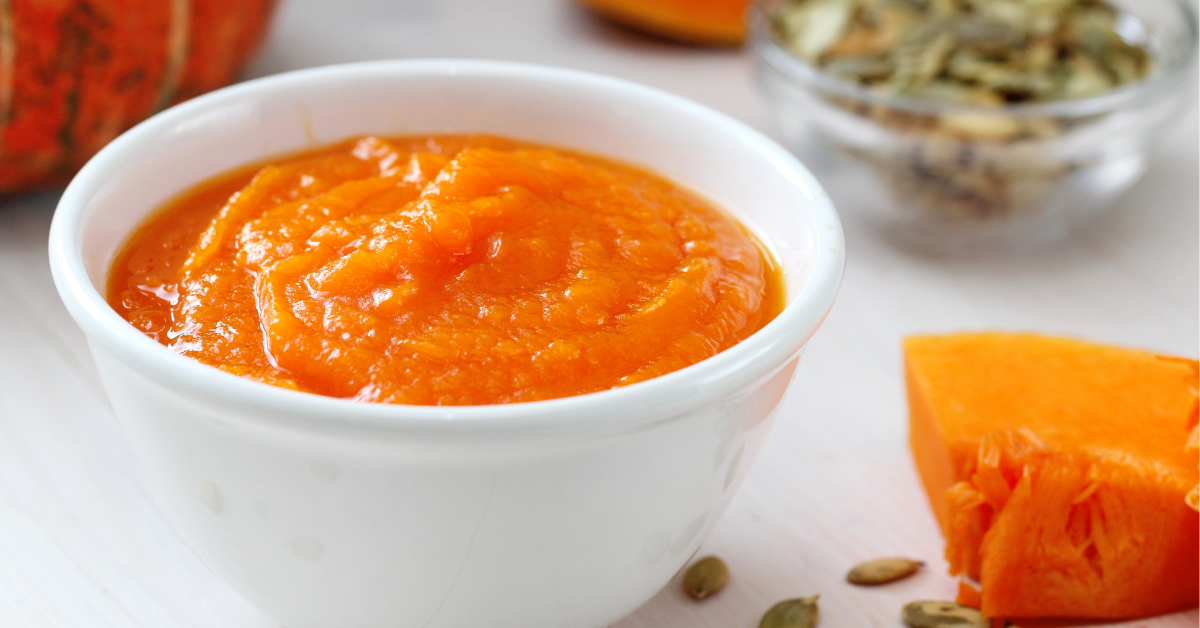Articles
Valentine’s Day is just around the corner! Start preparing now – this is a time to show your other half the full depth of your love for them, so be romantic, and be generous!
Love is a wonderful thing – it makes us happy; gives us a purpose; makes our hearts sing with joy. It has the power to exhilarate and motivate us, and it’s also been shown many times to be excellent for our health, both our physical health and also our mental health.
So get ready for the big day now with the Healthy Supplies gift guide….
Read More »Maintaining a healthy lifestyle can sometimes feel like an overwhelming challenge. Especially in winter – when the days are often grey and gloomy – it can sometimes feel so hard to muster the energy to follow a healthy eating plan, or to drag yourself to the gym. But the path to wellness doesn’t have to consist of big, grand actions! Sometimes it’s the smaller things that buoy our spirits, energise us and help us feel happier. It’s important to consider not just our bodies but also our minds. Mental health is as important as physical health, and it’s impossible to lead a happy, healthy life if you don’t look after both body and mind.
We asked the Healthy Supplies team for their favourite wellness tips – easy ones that could be incorporated into a daily lifestyle and are designed to make you feel good. So check out some of our favourite tips!
Read More »Chocolate is one of the most commonly-given and most welcomely received gifts at Christmas, and with the boom in veganism, there’s no longer any excuse for vegans to feel left out during the Yuletide choccyfest! Dark chocolate products without animal-sourced ingredients are fairly common, although many still do use ingredients such as whey or milk powder, so anyone following a vegan diet should still pay close attention to the ingredients list!
Vegan chocolate has really come on in leaps and bounds over the last decade, with lots more chocolate manufacturers creating super-tasty products without any animal component at all. It’s better for the planet, better for our furry friends, and in many cases far better for our health too, especially when manufacturers reject refined white cane sugar in favour of natural sweeteners such as stevia, xylitol or agave syrup.
So here are the top 10 products which we’d most like to unwrap on Christmas Day….
Read More »Christmas can be a very tough time for the main household cook. Christmas dinner is perhaps the most tricky meal of the year to co-ordinate, and is unfortunately often synonymous with dry, overcooked turkey, lifeless, mushy Brussels sprouts and various other dinner table disasters. But it needn’t be that way! With a few well-chosen purchases you can provide a sumptuous spread that’ll keep everyone smiling and full of festive cheer, and at the same time considerably lighten the burden for whoever’s dishing everything up.
So we’ve put together a rather wonderful festive list (and checked it twice) showcasing ten of our favourite Christmas products which would complement any Yuletide spread brilliantly, and leave your friends and family happy and very well-fed, regardless of whether they’ve been naughty or nice!
Read More »Brunch is a wonderful opportunity to catch up with friends over a leisurely late-morning spread of various wonderful and tasty dishes. Unfortunately it’s common for these to be absolutely loaded with sugar, salt and saturated fats! We all love to have a foodie blowout every now and then, but there are certain steps you can take to cut down on the ingredients that spell disaster for your health and waistline while maintaining (and even boosting) the tastiness factor!
So join us as we look at ten of our most lip-smackingly brilliant healthier brunch recipes….
Read More »It’s early evening and you’re trudging home from work through crunchy fallen leaves in the chilly autumn air…. it’s likely that summer’s light suppers of salads and crackers just aren’t going to satisfy you now the seasons have changed! There’s a rumble in your tummy telling you what’s needed is something comforting, filling and full of flavour – robust, substantial and piping hot too!
So here are ten delicious ideas for lovely meals which tick all of those boxes, and are also nutritious, based on whole foods and without lots of processed ingredients or saturated fat. These are all tried and tested recipes which we keep coming back to – perfect, autumn fare that’s not only super-tasty but easy to make and affordable too, and will fill you and your family with excellent nutrition and a healthy glow. Why not give one or two of these a go this autumn?
Read More »Christmas is the perfect time to go all-in on flavours that feel warm, festive, and a little bit magical – and a vegan feast can be every bit as indulgent as the traditional spread. From vibrant vegetable centrepieces to comforting sides and show-stopping desserts, we’re diving into a collection of delicious plant-based recipes that bring all the cheer of the season to your table. These dishes are colourful, hearty, and full of festive flair, making it easy to celebrate Christmas with food that feels both joyful and irresistibly good.
Read More »Eating enough fibre is absolutely essential to maintain our digestive health. Plant-based foods contain both soluble and insoluble fibre in various amounts, and both are excellent for keeping our insides ticking over. Luckily for us, plenty of ultra-tasty and versatile foods contain both types of fibre!
Soluble fibre dissolves in water, and is usually a constituent of the soft, moist parts of plants, whereas insoluble fibre is generally tougher and often found in edible skins, husks and shells of plants. Soluble fibre creates a gel when it dissolves, which can help slow digestion, leading to improved blood sugar control and a reduction in blood lipids (known as cholesterol). The insoluble type is essential for healthy bowel movements, as it attracts water and softens stools, making everything glide through us with the greatest of ease! Fruit and vegetables usually have plenty of soluble fibre, as do pulses. Whole grains tend to have a good amount of insoluble fibre, as do nuts and seeds.
Read More »Christmas is the best time for foodies! Everyone loves indulging their taste buds at this wonderful time of year, and expressing their love and affection for friends and relatives with the giving of gifts. It’s the one time of year everyone pushes the boat out and feasts merrily on all kinds of good things. Whether you’re crazy about cakes and mince pies, mad for snacks, a lover of nuts and dried fruit, or all of the above, there’s a huge amount of choices on offer to satisfy your Crimbo cravings.
We’ve collected some of our very favourite, most delicious gourmet products below – any of these would make fantastic gifts for the foodies in your life, perfect both as stocking fillers or part of a sumptuous food hamper! So cast your eyes over the luxurious gift choices below, and pick one or two for the special fine food connoisseurs in your life…
Read More »Pumpkin is a very healthy vegetable – it’s absolutely stuffed with vitamin A, which is fabulous for your eyes, and helps strenghthen your immune system while keeping your major organs in tip-top condition. It also contains plenty of vitamin C, as well as beneficial minerals such as potassium, manganese and copper. It’s packed with fibre, which is superb for the health of your digestive system. It has high levels of beta-carotene, a plant pigment which has remarkable antioxidants properties that boost the health of your skin.
As an ingredient, pumpkin is incredibly versatile – it can be used in both sweet and savoury recipes, and it’s an efficient way of replacing fats while keeping up moisture levels in cakes and bakes. You can make your own pumpkin puree from leftover fresh pumpkin by roasting in a medium-hot oven for 45-60 minutes and then whizzing in a food processor or mashing with a fork. Or you may just have half a tin left after making a recipe – so here are ten exciting ideas for delicious pumpkin dishes to try if you find yourself with a surplus….
Read More »









